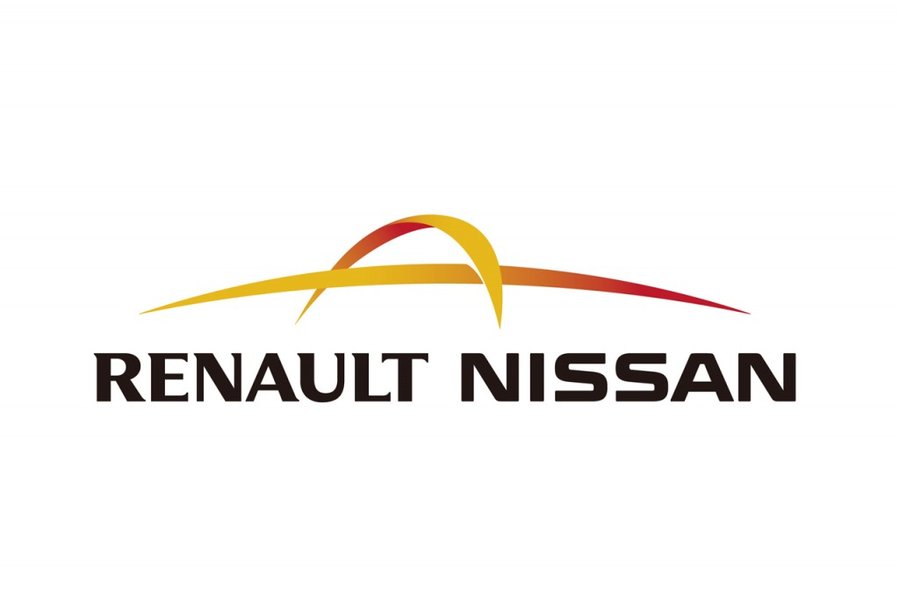Nissan-Renault and game developer plan driverless ride-hailing

Automakers are leveraging expertise in automated driving functions for mass-market cars to develop mobility services, as they compete with tech firms such as Alphabet Inc and Uber in the fast-growing "pay-per-ride" market which threatens to hit demand for car ownership.
Ogi Redzic, head of Nissan-Renault's Connected Vehicles and Mobility Services division, said the alliance would begin self-driving services based on its electric cars "certainly within 10 years," though not likely before 2020.
"We think that the big opportunity for us is in automation, electric vehicles and ride-sharing and hailing together," Redzic said in an interview on Thursday.
Nissan and Renault join a small group of automakers aiming to enter the ride-hailing market, which Goldman Sachs last month estimated would grow eightfold by 2030 to be five times the size of the taxi market.
Redzic said the Japanese and French partners were testing self-driving vehicles, and that any service would run on pre-mapped courses with predetermined pick-up and drop-off points.
The two automakers are developing the system with Japanese game software maker DeNA Co Ltd and French public transport operator Transdev SA.
German rival BMW AG is also testing autonomous vehicles for use in ride-hailing services, while Uber has been developing self-driving technology.
U.S. tech firm nuTonomy Inc and ride services company Lyft Inc, which counts General Motors Co as a major shareholder, this month announced they would begin piloting an autonomous vehicle ride-hailing service in Boston.
Redzic said to market a self-driving service, regulations need to change to allow driverless cars on roads. At the moment, most global jurisdictions do not expressly authorise vehicles to operate on regular roads without a driver.
"It doesn't just depend on us," he said. "To become fully driverless you need laws to change."
